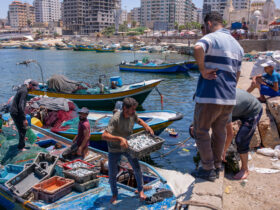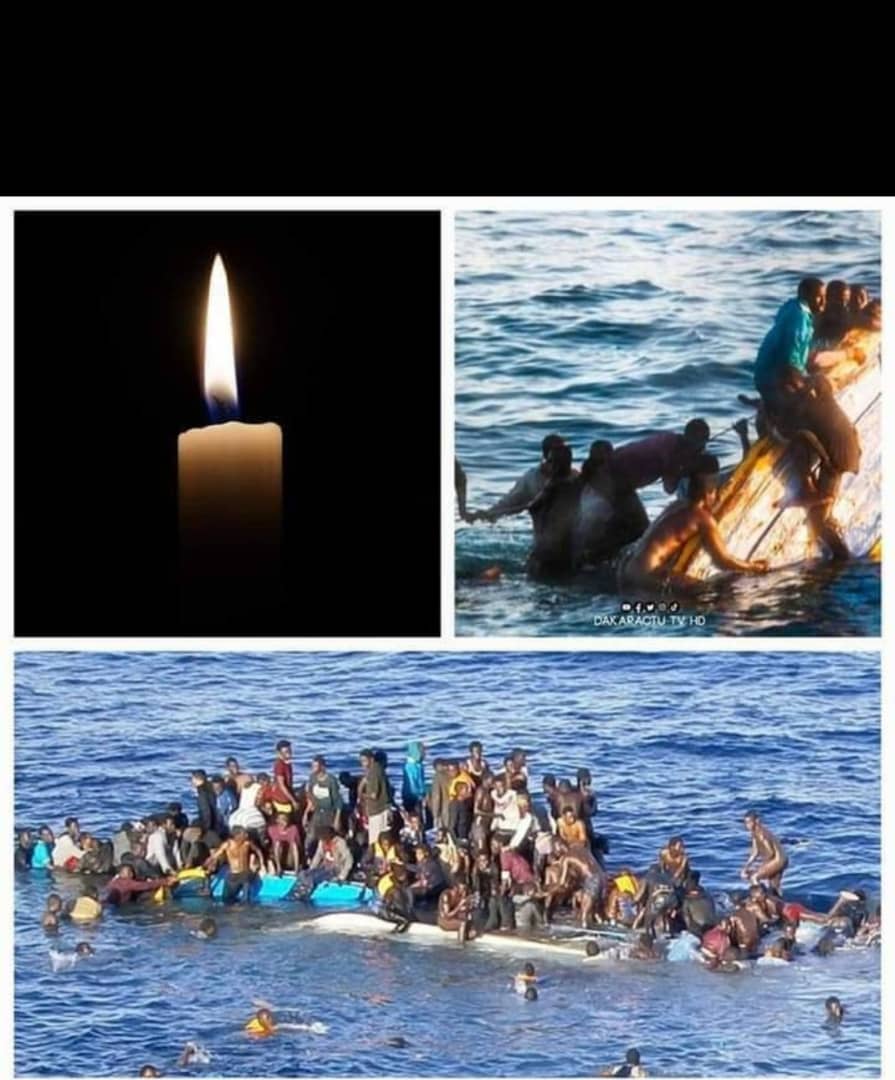In Mbour, a coastal town about 80 kilometres from Dakar, Senegal, illegal emigration has taken on alarming proportions, with an increasing number of young people risking their lives in makeshift boats, often referred to as “death canoes,” in a desperate bid to reach the Spanish coast or the Canary Islands. This tragic phenomenon, while not new, has intensified in recent years, driven by a combination of economic and social challenges. Unemployment, particularly among the youth, is one of the key factors fueling this exodus. Fishing and tourism, the two main economic activities in the region, have suffered severe setbacks. Overfishing, climate change, and international fishing agreements have diminished fish stocks, leaving local fishermen struggling to make a living, while the COVID-19 pandemic has further crippled the tourism industry, pushing many businesses into closure. As a result, opportunities for stable employment are scarce, and the dream of a better life in Europe remains a powerful lure, despite the obvious dangers. For families and communities in Mbour, the impact is devastating. The loss of loved ones to the treacherous sea is a constant fear, yet the possibility of remittances from those who succeed drives others to take the same perilous journey. While the crisis underscores the need for economic development and job creation, without significant intervention, young people in Mbour will continue to feel that risking everything on a dangerous voyage is their only path to a brighter future. The tragedy of these “death canoes” highlights the urgent need to address the root causes of emigration and provide alternative opportunities for those left with few choices at home.
Written by-Daouda Ndiaye,Co chair of WFFP





